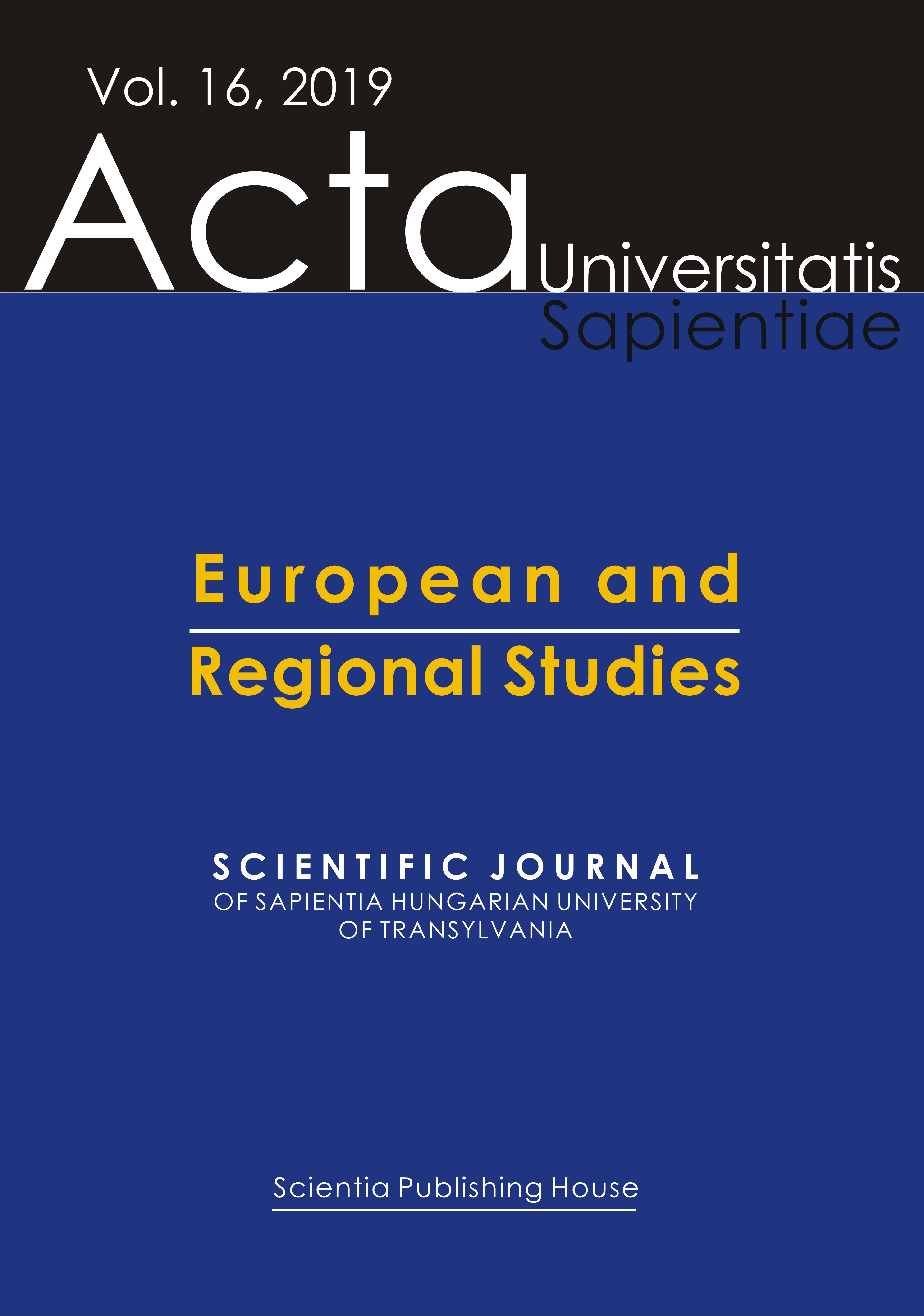Romania’s Great Union and the Anti-Communist Discourse
Romania’s Great Union and the Anti-Communist Discourse
Author(s): Manuel MireanuSubject(s): Politics / Political Sciences, Political Sciences
Published by: Scientia Kiadó
Keywords: anti-communism; history of Romania; First World War; security; Transylvania; discourse analysis;
Summary/Abstract: This text re-constructs the evolution of anticommunist ideas and practices during the period of Romania’s ‘great union’, while it also sketches the international context that enabled this evolution. It is a genealogical discourse analysis that serves for a better understanding of Romania’s present political and social climate. The political, diplomatic and military process of crafting ‘Greater Romania’ between 1918 and 1919 rested fundamentally on the anticommunist discourse. This discourse functioned as a pretext for the armed interventions in the desired territories. It also helped to securitize and pacify these three territories. The Romanian army entered Bessarabia, Bukovina, and Transylvania with the goal of protecting the local population against Bolshevik disorders and ‘anarchy’. The anticommunist discourse evolved from the panic generated by retreating Russian soldiers and the ‘anarchy’ they created towards the fear of contagion with the revolutionary ‘psychosis’. The answer to the communist threat was invariably violent and militaristic in nature. The ideas and issues raised by the communists were never legitimized as a political project but as a crime and a pathology that could destroy society. In this context, what we now refer to as ‘the Great Union’ was largely the substitution of social and economic projects with the hegemonic narrative of anti-communism.
Journal: Acta Universitatis Sapientiae, European and Regional Studies
- Issue Year: 2019
- Issue No: 16
- Page Range: 39-57
- Page Count: 19
- Language: English

